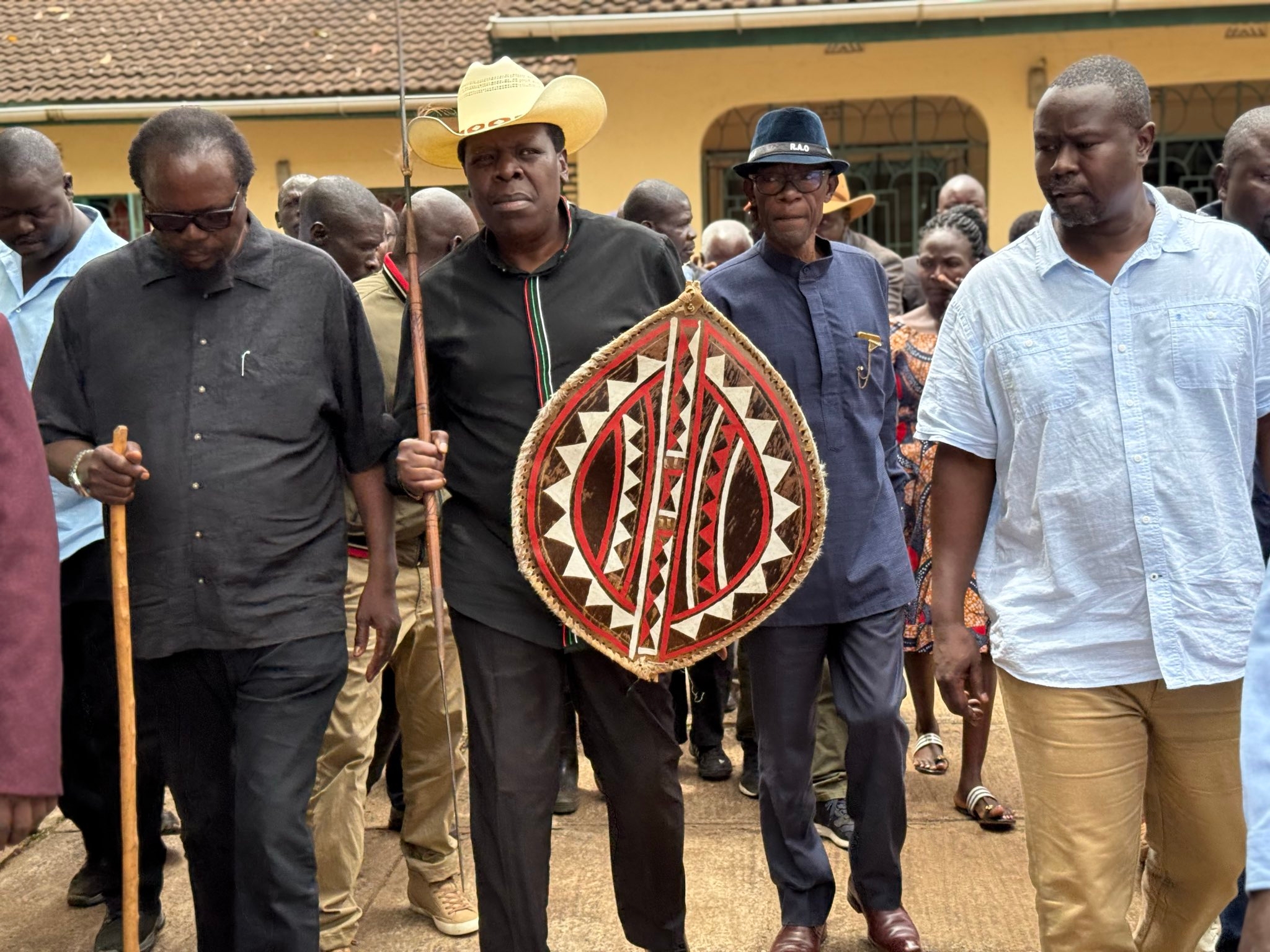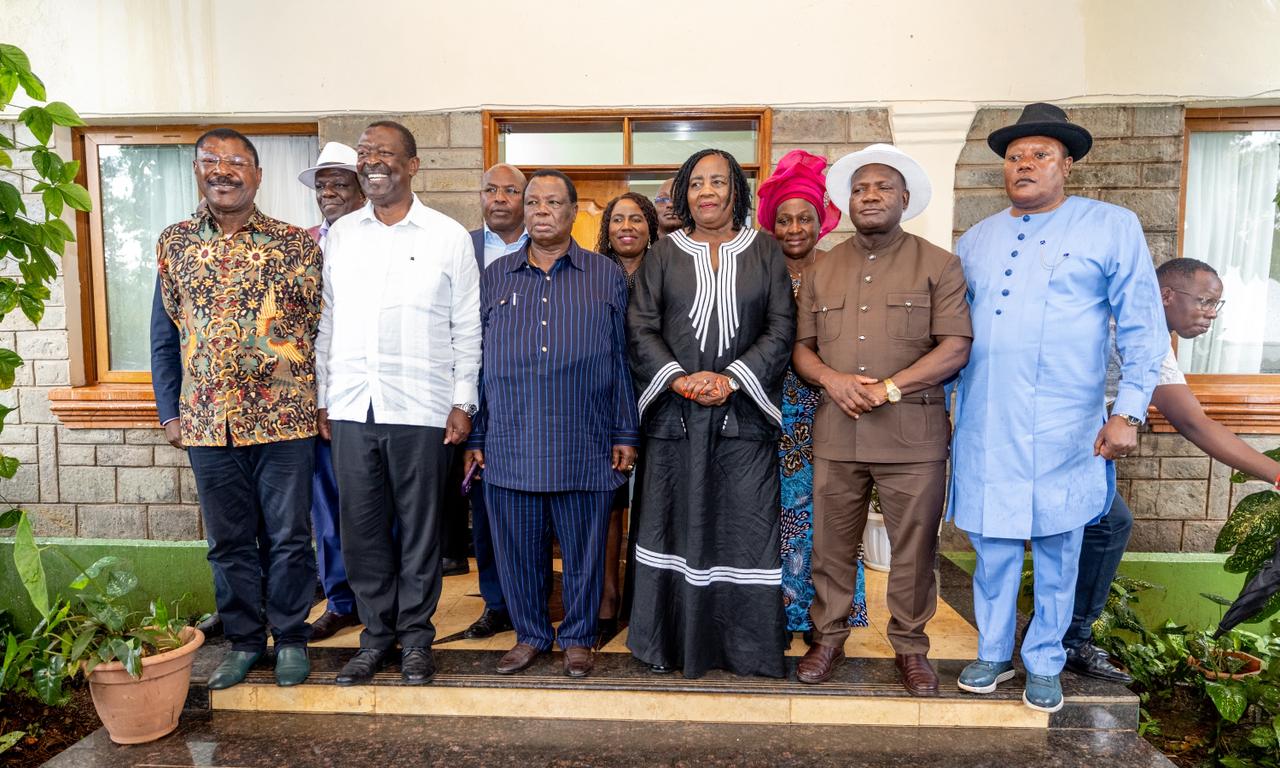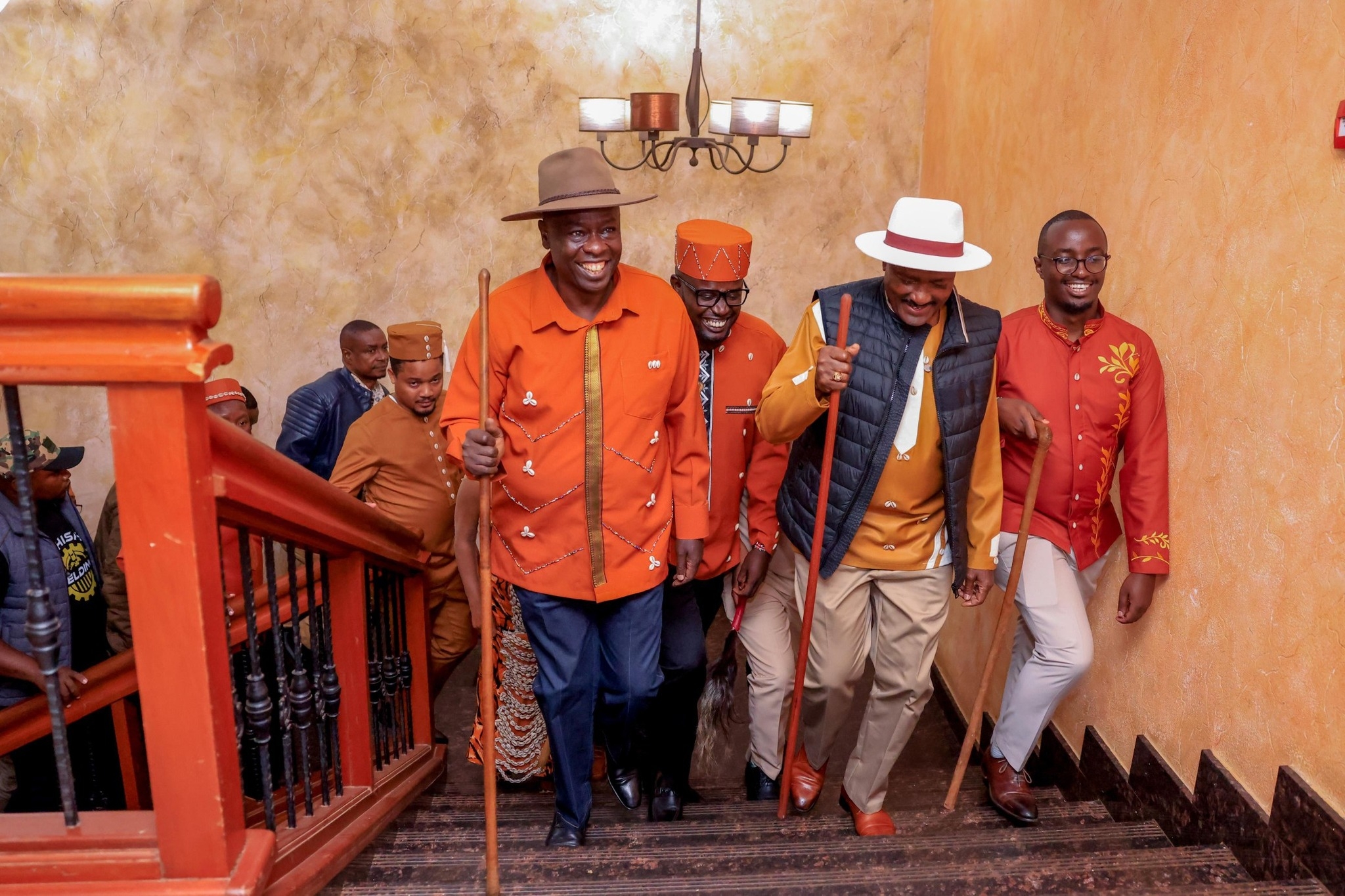

For more than two decades, Raila and his Orange Democratic
Movement party held a dominant grip over Western Kenya’s political landscape.
His death appears to have triggered a fierce scramble among
Luhya leaders eager to fill the void, a contest already playing out
symbolically through the separate tributes paid to the Odinga family in Bondo.
Unlike delegations from other regions, Western leaders have
visited Bondo separately, each presenting bulls to the Odinga family on
different days.
From the Rift Valley, a united delegation of more than 60
MPs and several governors presented 80 bulls to the family, a show of unity
that Western leaders have struggled to replicate.
The governors included Stephen Sang (Nandi), Wisley Rotich
(Elgeyo Marakwet) and Benjamin Cheboi (Baringo).
The symbolic acts of homage by Western leaders gave a
glimpse of political realignment in Western Kenya.
With Raila’s unifying presence gone, the question remains:
who will step forward to command the region’s political soul?
Political analyst Prof Amukowa Anangwe said Raila’s death
has created a political vacuum with far-reaching implications for the Western
region.
“Whether Luhya leaders can reassert themselves and fill the
void remains uncertain given their disunity,” he said.
The first Western delegation, comprising Maragoli elders
sent by Prime CS Musalia Mudavadi, presented six bulls, one representing each
of the five counties of Western Kenya and one from Mudavadi personally.
A second delegation of Bukusu elders from Trans Nzoia, led
by DAP-Kenya party leader Eugene Wamalwa, also paid their respects at the
Odinga home. Wamalwa described the visit as a continuation of a long-standing
friendship between the Odinga and Wamalwa families.
“When my brother, the late Wamalwa Kijana, passed away in
2003, Raila led a team of Luo elders to Kitale to honour him. Today, we are
here to return that gesture of respect and friendship,” Wamalwa said when he
presented the bulls.
Bungoma Governor Ken Lusaka later led Bukusu elders in
performing rituals at Raila’s grave.
Trans Nzoia Governor George Natembeya and Bungoma
gubernatorial aspirant Zachariah Barasa also paid homage.
From Kakamega, both Governor Fernandes Barasa and
Cooperatives CS Wycliffe Oparanya presented their portions of bulls in separate
visits.
Despite the separate visits by Western leaders, the
Wamalwa-led DAP-K has rejected claims of disunity.
Wamalwa said presentation of bulls is rooted in the Luhya
culture and has nothing to do with rivalry among political leaders from
Western.
“Each leader’s individual offering reflected personal
affection and deep respect for Raila, whom the community viewed as one of their
own,” he said.
Wamalwa added that performing the ‘tero buru’ ritual
separately symbolised unity and not divisions among Luyha politicians.
Political analyst Joseph Mutua said a major political
tectonic shift awaits Western Kenya following the sudden death of Raila.
He said the absence of Raila will trigger fierce competition
for prominence and control of the vote-rich region.
“Raila had so much control in Western and with his absence,
politicians strive to be seen as having much say in the region,” he said.
Western leaders’ disjointed approach was evident until
Wednesday, when they appeared together for the first time at the Odinga home.
The gathering drew notable dignitaries, including former
Ghanaian President Nana Akufo-Addo, Kanu chairman Gideon Moi, Mudavadi,
National Assembly Speaker Moses Wetang’ula, Busia Governor Paul Otuoma, Cotu
secretary general Francis Atwoli, former minister Noah Wekesa, Environment CS
Deborah Barasa and Higher Education PS Beatrice Inyangala.














